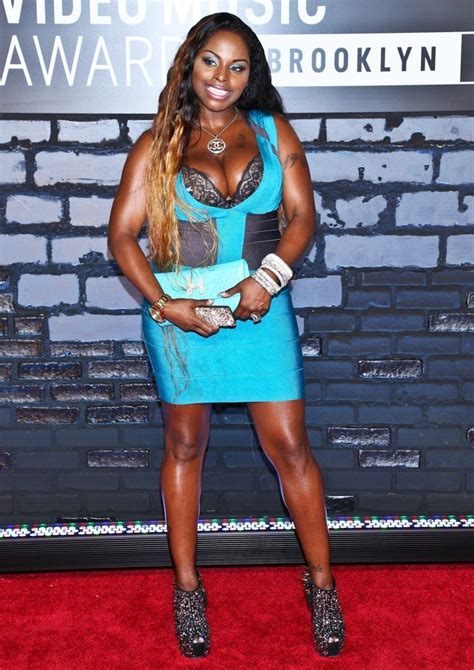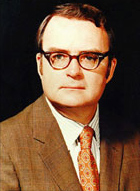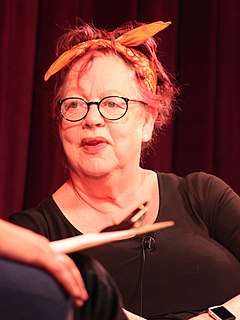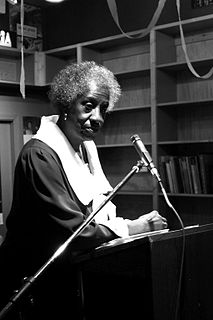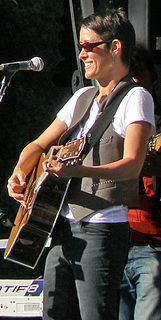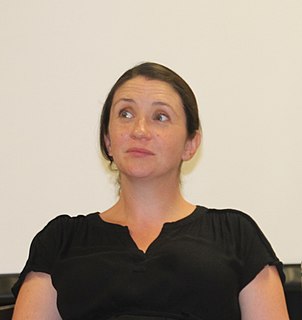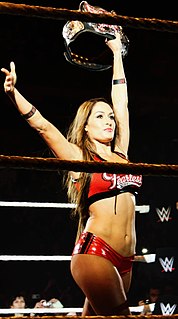A Quote by Foxy Brown
I'm a child of the Women's Movement. I always believed that I could do anything. That women didn't have to be limited in any way.
Related Quotes
In less than a century we experienced great movement. The youth movement! The labor movement! The civil rights movement! The peace movement! The solidarity movement! The women's movement! The disability movement! The disarmament movement! The gay rights movement! The environmental movement! Movement! Transformation! Is there any reason to believe we are done?
Women's rights in essence is really a movement for freedom, a movement for equality, for the dignity of all women, for those who work outside the home and those who dedicate themselves with more altruism than any profession I know to being wives and mothers, cooks and chauffeurs, and child psychologists and loving human beings.
I know there are certain men that hate women or don't like women, and in order to make women feel small, they tend to isolate them when they bully them. And women are often humiliated by it and feel they can't do anything about it. So my advice to women would be: there's always support around for those sorts of things and if you feel you're isolated in any way, or being bullied, you must talk to someone about it.
Movements are not radical. Movements are the American way. A small group of abolitionists writing and speaking eventually led to the end of slavery. A few stirred-up women brought about women's voting. The Populist movement, the Progressive movement, the anti-Vietnam War movement, the women's movement - the examples go on and on of 'little people' getting together and telling the truth about their lives. They made our government act.
Marjan. I have told him tales of good women and bad women, strong women and weak women, shy women and bold women, clever women and stupid women, honest women and women who betray. I'm hoping that, by living inside their skins while he hears their stories, he'll understand over time that women are not all this way or that way. I'm hoping he'll look at women as he does at men-that you must judge each of us on her own merits, and not condemn us or exalt us only because we belong to a particular sex.
Feminism is a political practice of fighting male supremacy on behalf of women as a class, including all the women you don't like, including all the women you don't want to be around, including all the women who use to be your best friends whom you don't want anything to do with any more. It doesn't matter who the individual women are.
